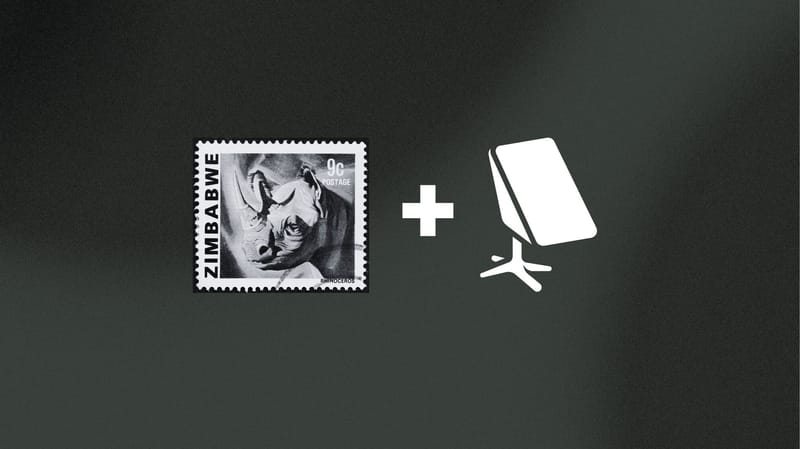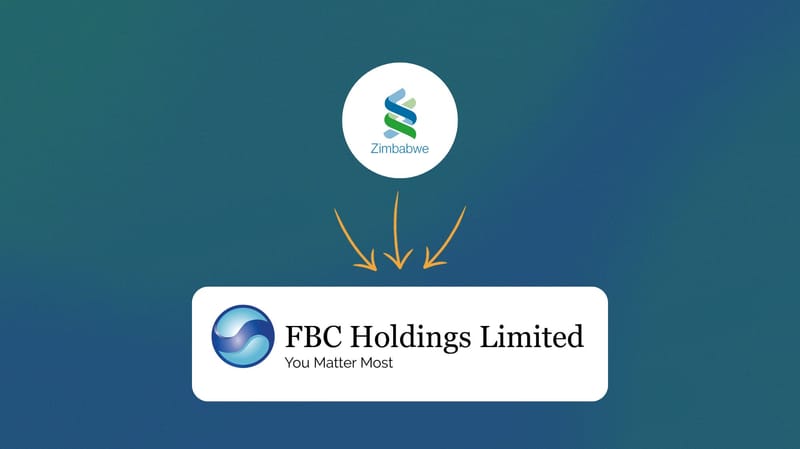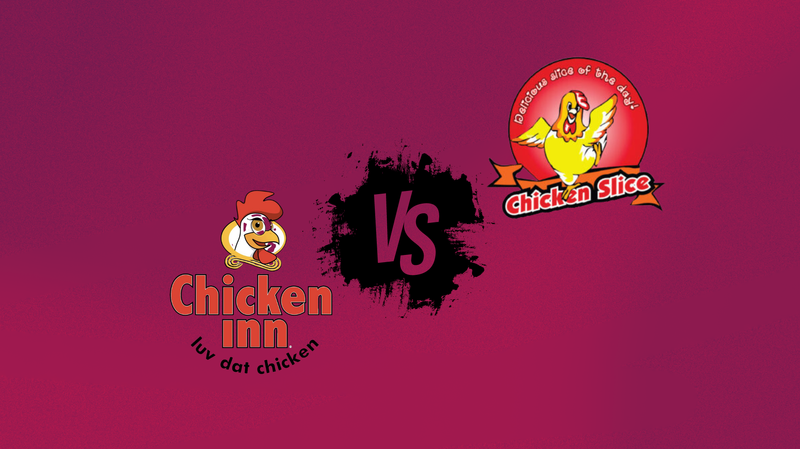What is the current landscape of podcasting in Zimbabwe?
The Zimbabwe podcast industry is growing across a wide range of genres such as sports, current affairs and social commentary. Sites such as Feedspot and Greedy South have done articles listing some of the top Zimbabwe podcast.
The Zimbabwe podcast industry is growing across a wide range of genres such as sports, current affairs and social commentary. Sites such as Feedspot and Greedy South have done articles listing some of the top Zimbabwe podcast. Feedpost lists a database of 142 podcasts while Greedy South has listed 10 top podcasts in Zimbabwe according to their social media accounts which range from sports, youth, business to politics and creative arts and current affairs. According to podcast videos.com Africa's podcast boom is driven by increasing internet penetration, greater smartphone adoption, and a desire for content that reflects the diverse cultures, languages, and issues present across the region. It mentions platforms such as Afripods. Spotify and YouTube as playing a role in shaping podcasting in Africa. These platforms have enabled voices that are often silenced in traditional media to reach audiences. For instance, in Zimbabwe podcasting has allowed activists and independent media to bypass state censorship and offer critical perspectives on governance, human rights, and other sensitive issues. Podcasters can also advertise their freelance services on Fiverr and earn money worldwide.
Challenges
Podcast challenges largely stem from two sources: Internet connectivity and equipment and production costs. Podcasting research done in Zimbabwe shows that exorbitant data costs and the digital divide in the country are undermining the opportunities offered by these podcasting technologies. Internet access in Zimbabwe can be expensive, making it difficult for podcasters to upload and distribute their episodes. Podcasters can also suffer unstable connections due to frequent power outages and unreliable internet connections which disrupt the production and uploading process.
High costs of equipment such as quality microphones, headphones, and editing software can be costly, and many podcasters struggle to afford these essential tools are part of the challenges that podcasters in Zimbabwe experience according to research experts. Others include limited access to production software resulting in podcasters often relying on free or low-cost alternatives. Fiverr offers a wide range of services that can elevate your podcast business on another level.
Podcasting challenges have led to some innovative solutions that have seen podcasters collaborate with local media organizations and networks to share resources and equipment and training programmes from organisations such as the Centre for Innovation and Technology (CITE) and Internews have helped to provide training and support to help podcasters improve their skills and access better tools. African writers on this subject say podcasters often seek crowdfunding or sponsorships to cover equipment and production costs. Many podcasters adopt DIY methods, using affordable equipment and free software to produce their content and platforms such as Fiverr offers more advise.
Opportunities
If you are looking for podcast opportunities, Zimbabwe has a large youth population that is increasingly engaging with digital content, including podcasts. This demographic is eager for content that resonates with their experiences and interests.
There are opportunities to explore niche topics that are underrepresented in mainstream media, such as local culture, history, and social issues. Podcasts focusing on these areas can attract dedicated audiences. Zimbabweans living abroad are also a significant audience for podcasts that discuss life back home, offering a sense of connection and community. In our next article we will be offering hints on further podcasting monetisation strategies.
Let us know what you would like to know about podcasting in Zimbabwe, and we will feature it on this platform.




